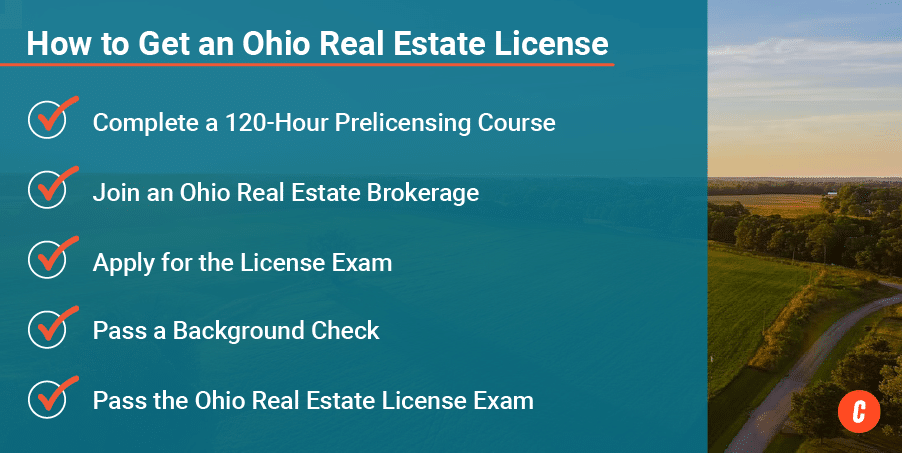
Know more about the company and its history before you invest in a REIT. Learn about the company's history and compare it to other REITs. This will enable you to decide if it will return good dividends. Know the risks associated with REITs.
Tip to purchase REITs
You need to assess the quality and earnings of REITs before making any investment decision. The earnings of the company are made up of funds earned from the operation of its properties, as well as any cash available for dividends. You should also look at the fees associated with the investment. Diversification of REITs is also important. Some REITs may be heavily invested in a specific type of property. This can increase your risk of losing money. You can reduce your risk by investing in multiple REITs and diversifying your portfolio.
It is possible to set up a brokerage to invest in REITs. This process only takes a few minutes and allows you to buy and sell publicly traded REITs. These investments often pay high dividends. Some REITs offer the possibility of holding your funds in a tax preferred account. This allows you to avoid paying taxes on distributions.
Dividends are subject to tax
When buying REITs, investors need to be aware about taxes on dividends. Capital gains are when a REIT sells real estate assets. These capital gains can be included in dividends. The amount due will depend on whether an investor qualifies under special tax concessions. If he or she doesn't qualify for special tax concessions, the dividend will be taxed at the investor's marginal tax rate.

Investors can avoid tax by buying REITs which do not require close ownership. In addition, they need to be careful to avoid REITs that do not have a five-year dividend history. REITs can't be owned by more than half of the population. The Tax Cuts and Jobs Act of 2017 provides a 20% deduction on pass-through income.
Liquidity
REITs should take liquidity into account. It can help them withstand unexpected changes in the value of the assets. REITs can increase their assets' value by distributing part of their earnings to investors. REITs have taken advantage the lower interest rates that were available during the current downturn to increase cash balances as well as improve liquidity. However, REITs should not be treated as a safe investment - volatility is an inherent part of the business.
REITs also offer liquidity to investors, since shares can be traded on the stock markets. Investors can make changes to their investment strategy or access cash with this liquidity. In addition, investors may find REITs attractive because real estate is a non-correlated asset class.
There are risks involved in investing in REITs
REITs may provide steady income in dividends but investors should remember that REITs cannot be considered risk-free investments. This is because REITs can lose value and are traded in the same way as stocks. Although they are relatively safe investments, they must compete with other high-yield investment options, which could cause REIT stock prices to decline.
The risk of interest rate rises is another. Rising interest rates will cause REITs to have higher costs of borrowing, which can impact their cash flows. These risks can be mitigated because REITs have strong balance sheets. This is because the managers of these companies strive to maintain a healthy level in leverage. Investors should pay attention to this aspect.

When to buy
Before you decide to invest your money in REITs, consider your financial situation. In addition, you need to understand the tax consequences of investing in REITs. REITs are not the best investment option for those who want to maximize their tax advantage because they generate most of their income through dividend income.
The uncertainty around master lease expirations is a significant challenge for REITs. This uncertainty often drives investors to sell. Because of this uncertainty, investors have seen their fundamentals suffer. Despite this uncertainty, most investors neglect to consider the fact that short term issues have minimal impact on long-term prospects.
FAQ
How can I find out if my house sells for a fair price?
Your home may not be priced correctly if your asking price is too low. A home that is priced well below its market value may not attract enough buyers. For more information on current market conditions, download our Home Value Report.
What amount should I save to buy a house?
It all depends on how long your plan to stay there. It is important to start saving as soon as you can if you intend to stay there for more than five years. You don't have too much to worry about if you plan on moving in the next two years.
Do I need flood insurance?
Flood Insurance protects against damage caused by flooding. Flood insurance helps protect your belongings, and your mortgage payments. Learn more about flood insurance here.
Should I rent or own a condo?
Renting might be an option if your condo is only for a brief period. Renting will allow you to avoid the monthly maintenance fees and other charges. You can also buy a condo to own the unit. The space can be used as you wish.
Statistics
- It's possible to get approved for an FHA loan with a credit score as low as 580 and a down payment of 3.5% or a credit score as low as 500 and a 10% down payment.5 Specialty mortgage loans are loans that don't fit into the conventional or FHA loan categories. (investopedia.com)
- Based on your credit scores and other financial details, your lender offers you a 3.5% interest rate on loan. (investopedia.com)
- Over the past year, mortgage rates have hovered between 3.9 and 4.5 percent—a less significant increase. (fortunebuilders.com)
- Private mortgage insurance may be required for conventional loans when the borrower puts less than 20% down.4 FHA loans are mortgage loans issued by private lenders and backed by the federal government. (investopedia.com)
- When it came to buying a home in 2015, experts predicted that mortgage rates would surpass five percent, yet interest rates remained below four percent. (fortunebuilders.com)
External Links
How To
How to be a real-estate broker
The first step in becoming a real estate agent is to attend an introductory course where you learn everything there is to know about the industry.
Next, you will need to pass a qualifying exam which tests your knowledge about the subject. This requires studying for at minimum 2 hours per night over a 3 month period.
Once this is complete, you are ready to take the final exam. You must score at least 80% in order to qualify as a real estate agent.
Once you have passed these tests, you are qualified to become a real estate agent.